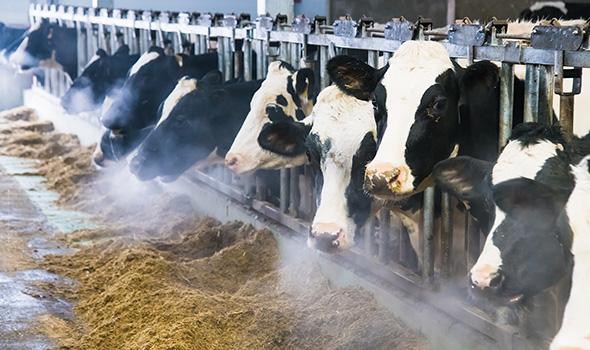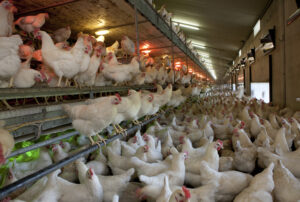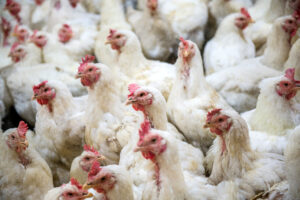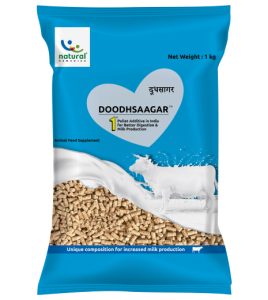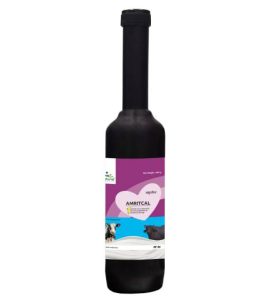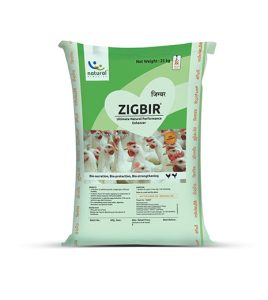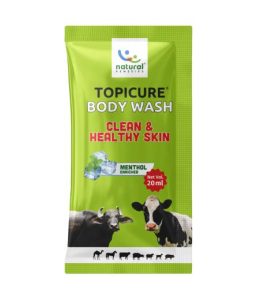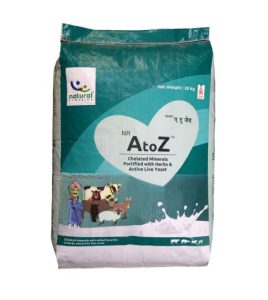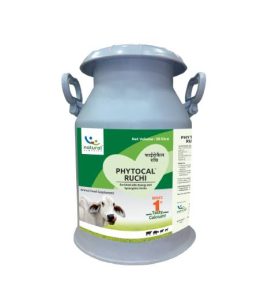Now that winter is here, it is time to keep warm and safe from the biting
cold, but this applies to your cattle as well! Extreme cold weather can
adversely impact your cattle. Their health might get compromised and they will
have trouble maintaining their normal milk production. Cold weathers may also
lead to physical and psychological stress in the animals as they find it
difficult go about their normal activities. However, with the right winter
care measures, your animals can be happy and healthy. Here are some tips to
keep in mind while caring for your cattle in winter:
-
Keep lots of water available:
During winters, especially dry winters, cows need plenty of water.
According to veterinarians, cattle need between 1 or 2 gallons of water
per 100 pounds of their weight. Ensuring that the herd has access to
fresh, clean water will keep them healthy and will also keep infections
and health conditions such as colic and impactions at bay. By installing a
regular water source in the shed, it is easier for the cattle to consume
the required amount of water, keeping it hydrated and healthy.
-
Feed them well:
It is important for cattle to maintain their energy reserve in order to
endure the cold season. Before the onset of winter, it is important to
assess the health condition of each animal and adjust their nutrition
requirement accordingly to ensure that can survive the winters with ease.
During winters, it is also necessary to maximize their food intake for
their body to produce energy. Without adequate energy, the animals will
find it difficult to generate heat, due to which their temperatures might
drop and it may lead to fatalities.
-
Provide proper shelter:
Providing proper shelter to the animals is of utmost importance. It is
also important to ensure that the animals get too warm. Placing covered
sheds in the grazing areas or pastures, which will allow them to escape
the harsh weather while grazing. Also keep the weather forecast in mind
while allowing the cattle to graze. Do not let them be out in the open for
long hours.
-
Avoid muddy areas:
Exposing your cattle to wet mud for prolonged hours can lead to diseases
such as foot rot or thrush. It can also be exceedingly difficult for the
cattle to generate warmth when they are caked in mud. In order to address
this issue, you can add gravel or woodchips to the muddy areas.
-
Keep the thin cows separated:
Thinner cows may not get the nutrition they require while they are among
the rest of the herd. It is important to separate the thin cows in order
to make sure that they are well nourished to maintain their energy. Once
the thinner cows have been separated from the herd, ensure that they have
plenty of forage along with feed supplements and minerals to boost their
immunity.
Aside from the things mentioned above, you can also make your animals
comfortable by soothing milking cows with the help of udder creams and
ointments, adding lots of straw and hay to rest on and generate warmth, and
increasing their resting space. Though the cold season can be quite stressful
for your cattle, following these tips will ensure that they are well cared for
and happy.










